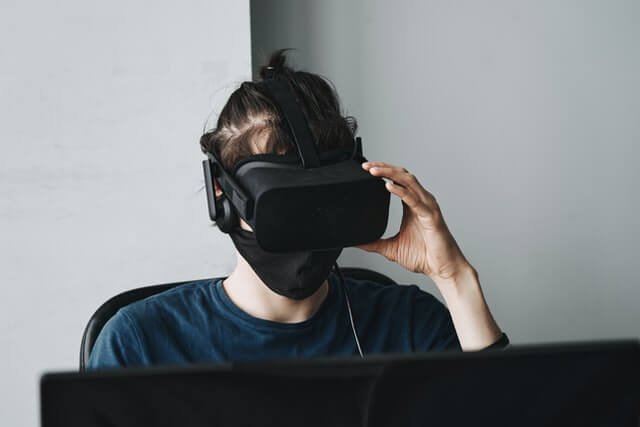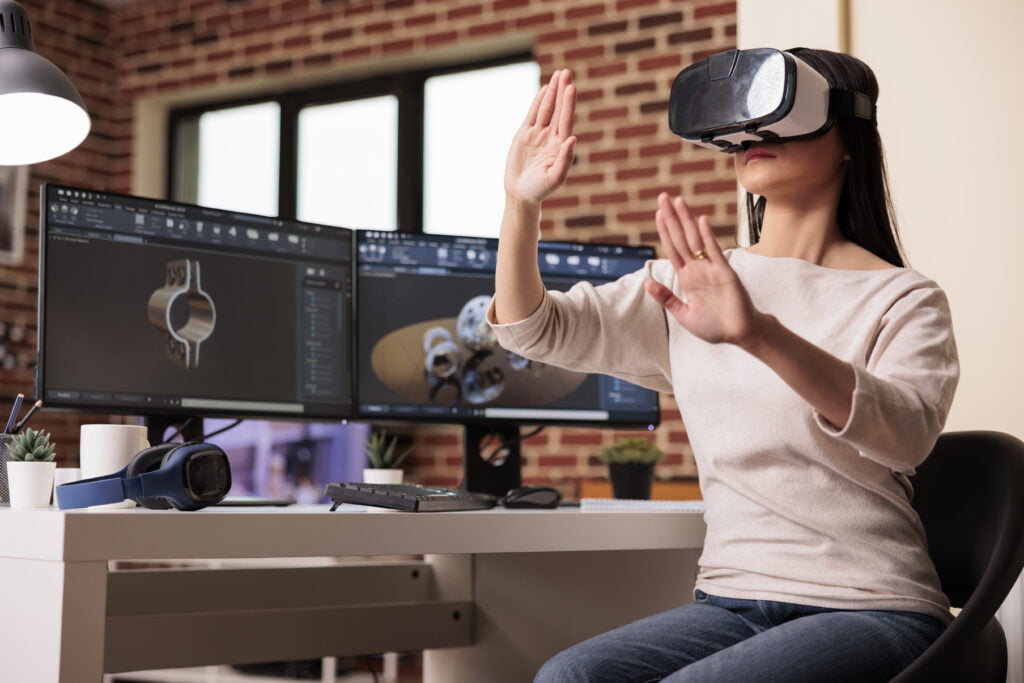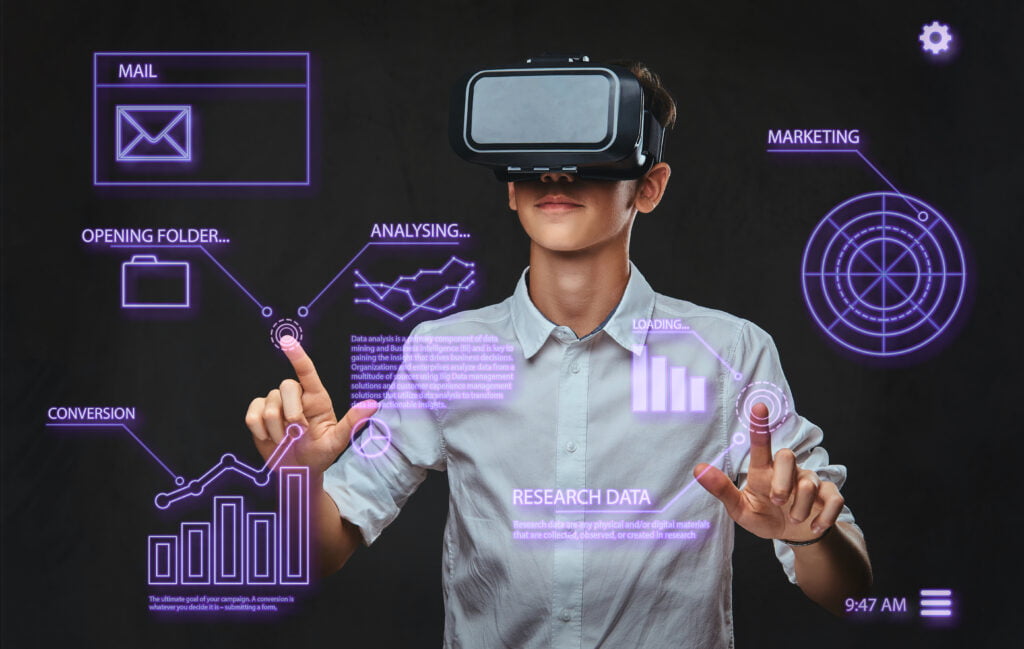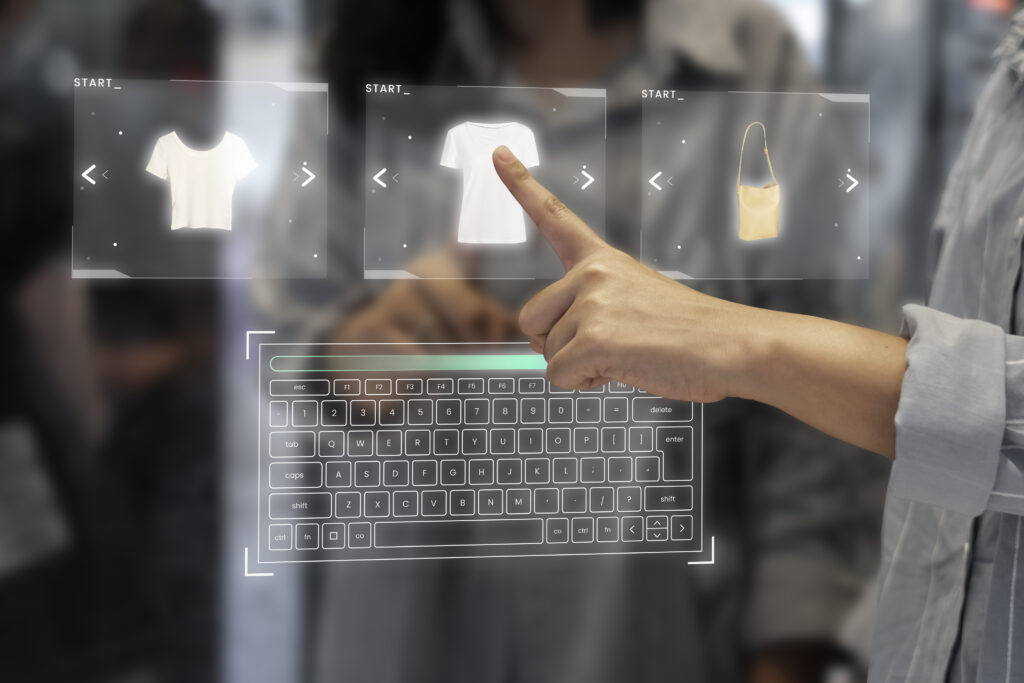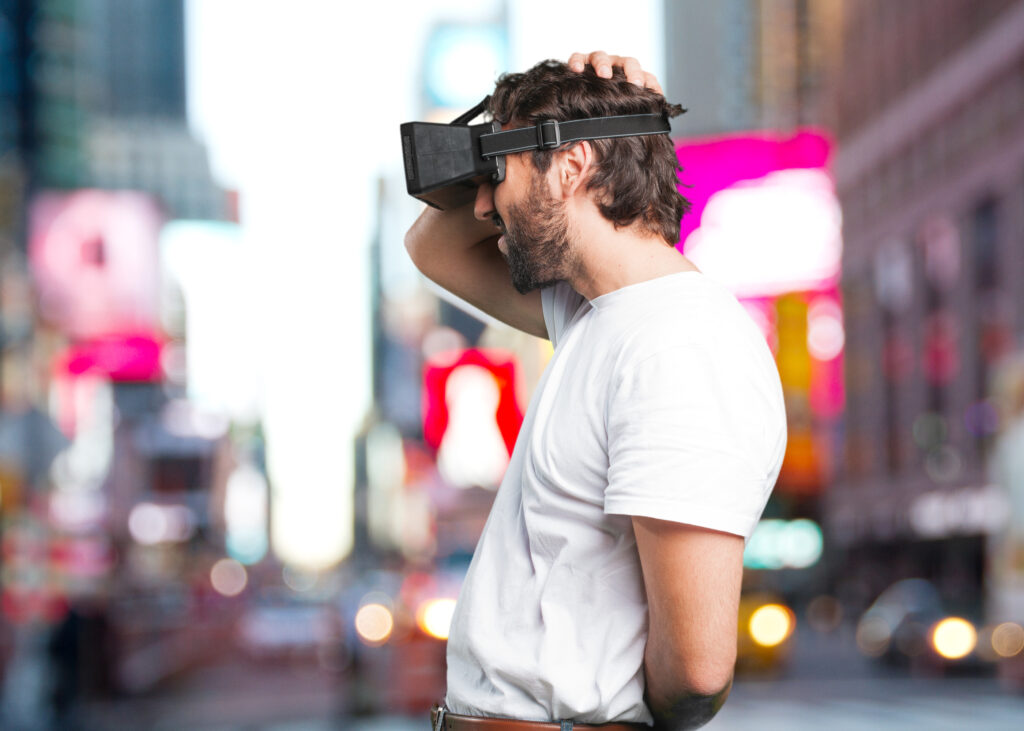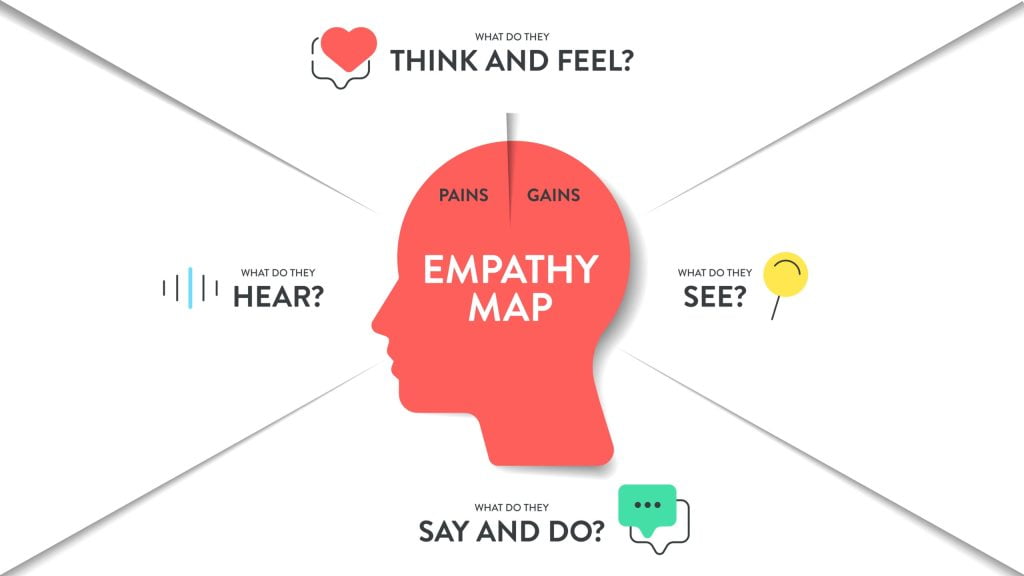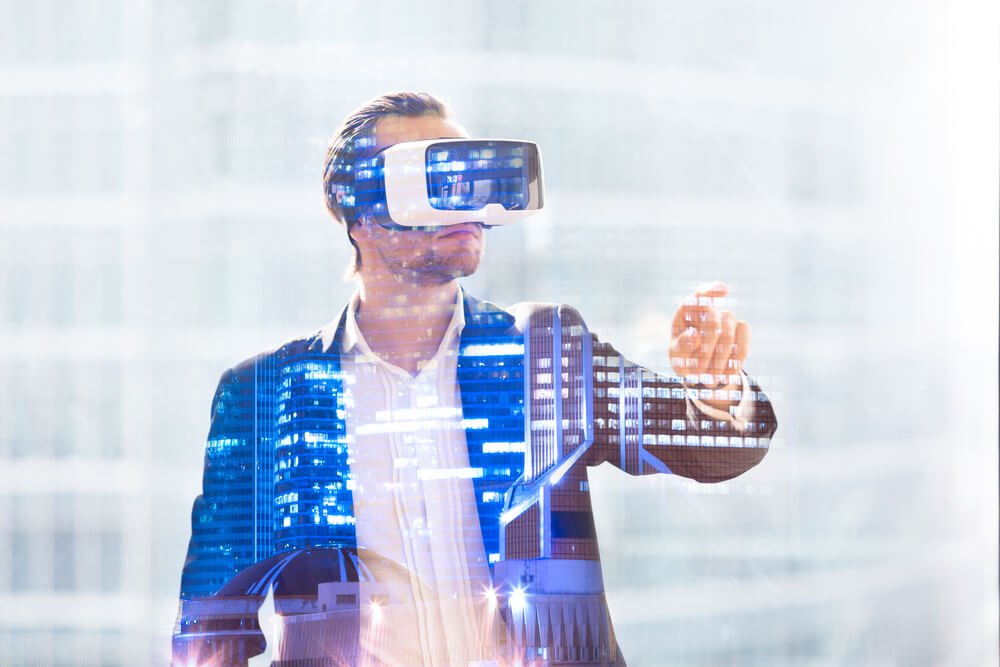How VR has helped companies during the coronavirus crisis
Table of Contents:
Perhaps you mainly associate VR with entertainment. When you hear the words “virtual reality”, do you immediately think of virtual goggles and computer games? That would be perfectly understandable. However, it should be remembered that VR technology also has several other applications. For example, entrepreneurs can use it to overcome the problems of the coronavirus pandemic. But how? Read on to find out.
What is VR?
Virtual reality is a three-dimensional environment created using digital technology. With the help of a computer, objects, spaces, and events are created that can imitate real ones or be fictitious, such as in computer games. It is a whole virtual world intended to look as realistic as possible.
Importantly, virtual reality is meant to evoke natural and real sensations. However, achieving this goal is not easy because our minds can quickly distinguish between what is virtual and what is real.
Technology is constantly evolving, so computer-generated images are getting closer to reality. As a result, VR technology is used in the entertainment industry and is also being adapted by businesses and by medical, educational, and financial institutions.
How does virtual reality help entrepreneurs in the fight against COVID-19?
Online meetings
Using virtual reality, we can transport ourselves to any place in the world. For example, VR technology has already made it possible to participate in online meetings in the same way as physically attending real-world ones. What’s more, participants can perform the same activities as they would if they were in the same room together, even though each one of them is in a separate office.
This not only minimizes the risk of a coronavirus outbreak developing but also cuts costs and, above all, saves staff time. The use of VR technology for business meetings is especially convenient for companies operating in international markets. Instead of wasting 2-3 days on journeys to the other side of the world to hold 1 or 2 meetings, they can perform the same tasks from their office (just remembering to take the time zone difference into account). Even under sudden government restrictions and a worldwide lockdown, ongoing meetings can be carried out thanks to VR technology.
Virtual conferences and training
Teleconferences taking place in the VR world can hardly be called teleconferences. If we wear VR goggles, our most critical cognitive senses are entirely fooled by the illusion of being in another place.
What’s more, if we use an appropriate VR application to perform various activities, meeting other people in VR will feel exactly the same as it does in reality. It is even possible to draw on a flipchart or move objects in a virtual office. For VR technology there are no limits.
During the coronavirus pandemic, which has been going on for almost two years, such solutions have been ideal for many companies. All critical matters can be discussed with key customers. Employees can improve their competencies by taking part in training courses. VR technologies also ensure that managers from different departments are in constant contact, which significantly speeds up the information flow and makes it easier to make vital business decisions and solve problems on an ongoing basis.
Better contact with customers
The pandemic has changed customers’ shopping habits. For companies, this means one thing: they need to adopt new technologies to respond to the current needs of their customer base. For example, VR technology has been used by leading car manufacturers.
Audi allows customers to use a virtual car showroom. Lexus offers a similar solution, although they have gone even further, creating a smartphone application that can be used by putting your phone into the famous Cardboard VR Goggles. And it’s not just cars that can be viewed via virtual reality. Developers in the real estate market are also keen to introduce these solutions, inviting potential buyers to take a virtual walk through a house with the help of VR.
Thus, during the coronavirus pandemic, new technologies have supported companies in building relationships with consumers. They have broken down barriers and given companies the chance to display their offers to customers remotely.
If you are a business representative, why not consider the new opportunities that VR technology has to offer. Not only will you gain a competitive advantage but you will also gain time and money. You could even become a leader in your industry.
Author: Rafał Siejca
Rafal has over twenty years of corporate experience, including roles at Millennium Bank, Comarch, and leading software teams at PZU, one of Europe’s largest insurance companies.As one of Poland’s few true VR experts with a decade of experience, he ensures timely, high-quality project delivery as CEO and CTO.

